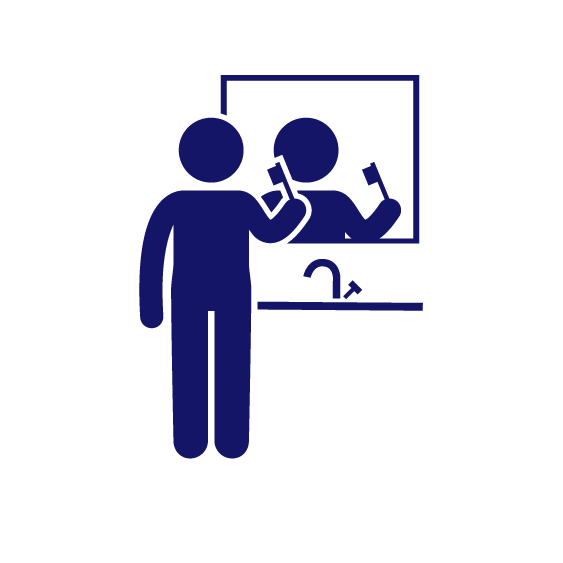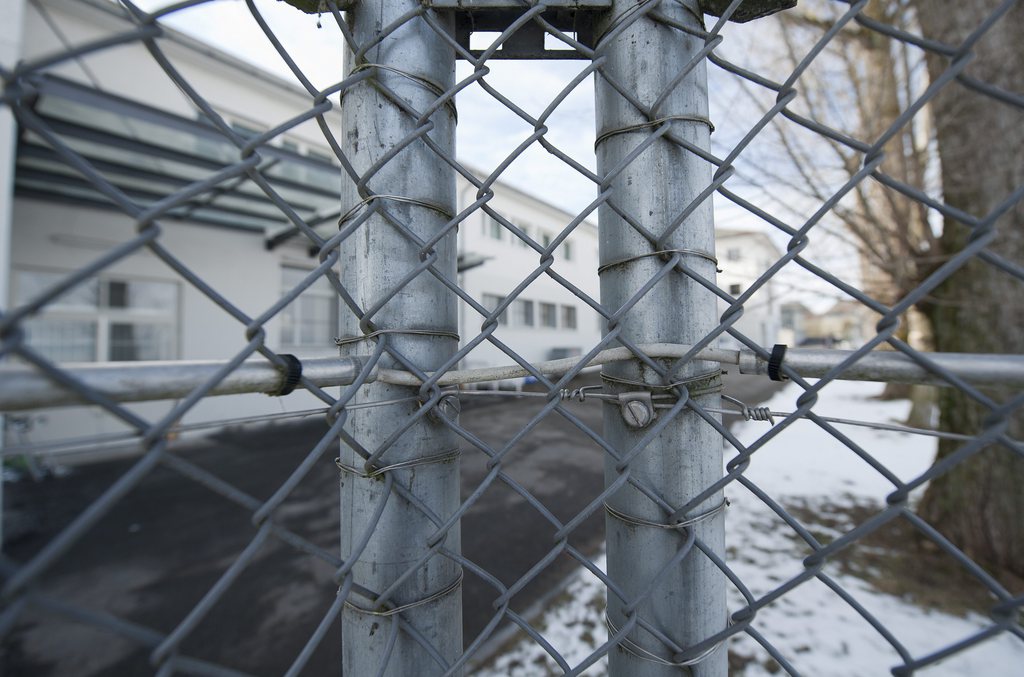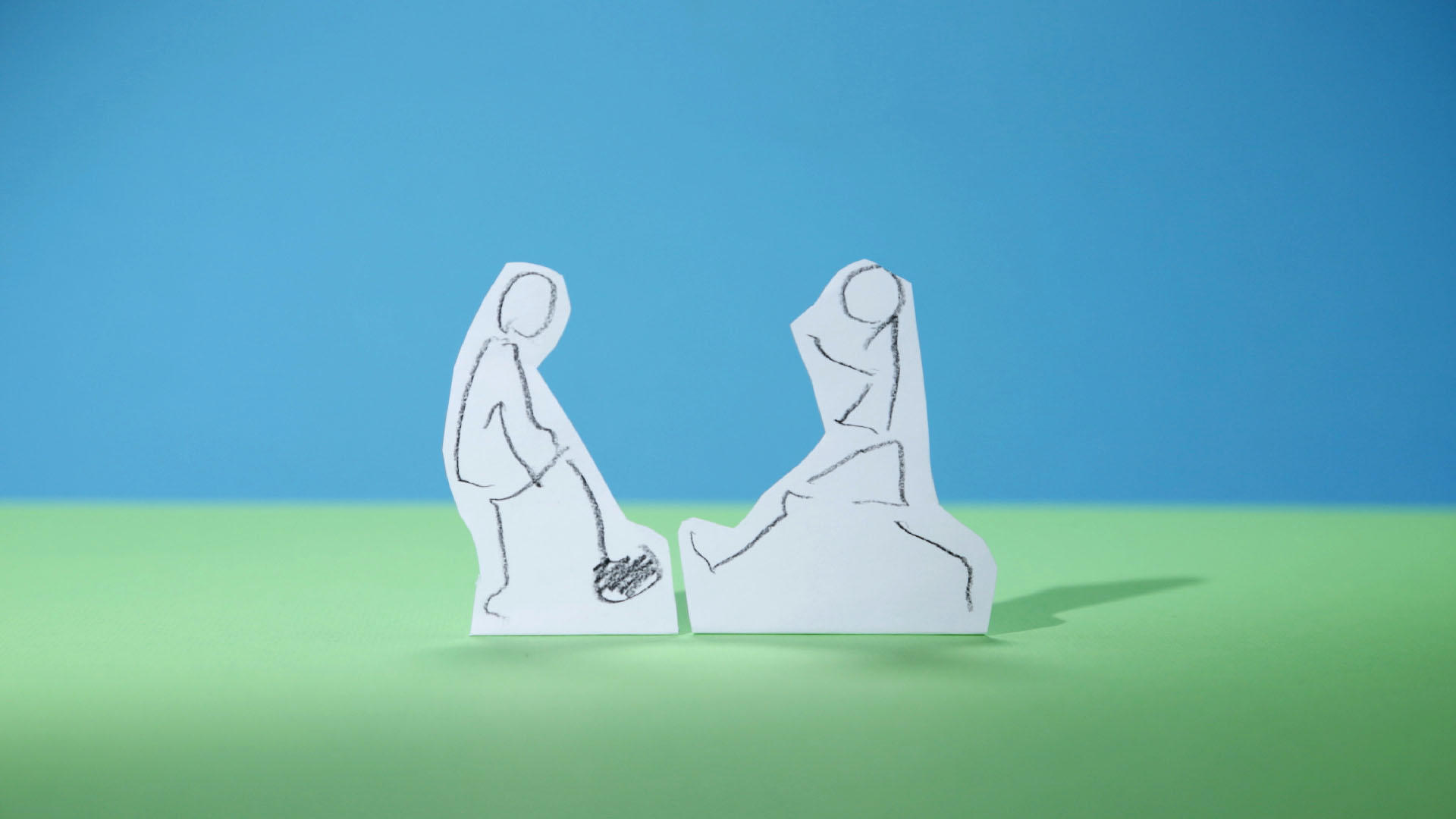More Swiss children need care after abuse

The number of children entering paediatric care clinics in Switzerland due to abuse rose in 2016, according to figures released today. A total of 1,575 cases were documented by Swiss clinics in 2016, compared with 1,388 the previous year.
Girls and boys are almost equally affected, representing 56% and 44% of cases, respectively. This breakdown remains unchanged from 2015.
The biggest factor of distress revealed by the statistics was psychological, which accounted for over a third of cases (36.9%). According to the Swiss Society of Paediatrics (SSP), which collected and released the data, this figure is due to more and more children experiencing violence between their parents.
A quarter of the cases were related to physical abuse, which normally took place within the family home and were more frequently perpetrated by males in the household. Girls are more than four times more impacted than boys by sexual abuse, which made up just under 20% of mistreatment cases. Unlike physical violence, sexual abuse cases often take place outside the family framework.
The issue of negligence – failing to provide a child with the necessities for life, such as food, clothing, and shelter – was also responsible for abuse in 20% of cases.
More warning mechanisms
The figures were aggregated by the SSP following input from 21 of the 25 paediatric clinics in operation across the country. With this response rate, the SSP is confident that the data is representative of the state of child treatment in Switzerland, which it called “sadly important”.
The two clinics of Lausanne and Geneva recorded significant jumps in the number of cases, likely because police alerted them every time they intervened in cases of domestic violence and when children were present in the home.
The figures come on the same day that a new report by Save the Children, a global NGO, placed Switzerland 16th on an index of countries where children are “least threatened” worldwide: that is, free from a range of threats like violence, child labour, poor health, and school access.
swissinfo.ch and agencies/dos

In compliance with the JTI standards
More: SWI swissinfo.ch certified by the Journalism Trust Initiative












You can find an overview of ongoing debates with our journalists here . Please join us!
If you want to start a conversation about a topic raised in this article or want to report factual errors, email us at english@swissinfo.ch.